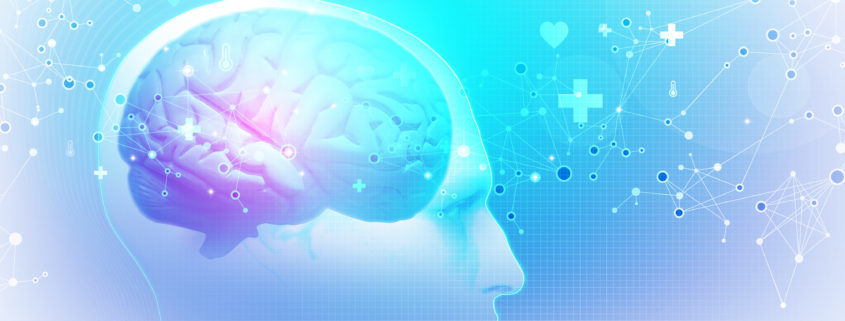Might direct neurofeedback reduce impulsive behaviors?
The symptom of impulsivity can be found listed under several mental/behavioral health diagnoses, including but not limited to intermittent explosive disorder, substance abuse, OCD, PTSD and binge eating disorder. When the Diagnostic and Statistical Manual of Mental Disorders, Fifth edition (DSM-5™) was published in 2013 and included binge eating disorder, I finally felt validated and, at the same time, gratitude for discovering yoga, which helped to reduce my anxiety and my out-of-control eating, especially in light of the fact that I didn’t want to start taking any prescription medications.
My relationship with food has been a long and winding road. I have memories when I was 4 or 5 of sitting at my kitchen table by myself, long after everyone else finished eating and was allowed to move on, because I was not allowed to leave the table until I finished everything on my plate, including those horrible green vegetables. I tried every trick in the book, including slipping some to the dog under the table and putting some in my mouth, wiping my mouth with a napkin and spitting what was in my mouth into the napkin. I also hear my parents in my mind saying “Eat your food! There are people starving in Africa” and thinking to myself “Great, send them my food!”.
From there, after my parents got divorced, food became scarce for most of my adolescence. My parents’ divorce and subsequent relationship was very contentious, pushing me into the land of anxiety. I began to worry about where my next meal would be coming from and if it would be enough. The pattern that grew from there involved eating large amounts of food (even if I wasn’t hungry) when food was available and eating very quickly (to ensure I got enough before it disappeared). I also have memories as a young adult where I would eat my meal very quickly and then eat what was left by others on their plates.
As time passed, my relationship with food changed when my weight began to increase. At this point, I would not allow myself to eat anything until the end of the day, after I had taken care of everyone else’s needs on my list. Only then, almost like a reward for completing my “To Do” list for others and my sense of self-restraint or control, would I allow myself the indulgence of fulfilling one of the most basic human needs. What didn’t change at this point though, was the speed in which I ate and the amount of food I would eat!
I then ventured into the many ‘diets’ being promoted. My weight began to yo-yo. My life felt so out-of-control as did I! It wasn’t until I discovered yoga that I found myself in a space to really confront this unhealthy relationship I had with food, facing the fears lying beneath my journey in the land of anxiety. And even with the support of my yoga practice (and a boost from some hypnotherapy), it took me many more years to see food as simply a source of energy for my body, like gas or electric for a car.
So how excited was I when I read the recent promising research on using direct neurofeedback (i.e., transcranial direct current stimulation or tDCS) to reduce impulsive behaviors! Although it is not exactly clear how it does so, a positive effect was found in 74 out of 92 research studies. It warms my heart to learn that there is an alternative to prescription medications, something that specifically supports the brain’s innate ability to reorganize itself towards health, and does so relatively quickly.
If you would like to read a little more on this research, click on the box below:












Leave a Reply
Want to join the discussion?Feel free to contribute!